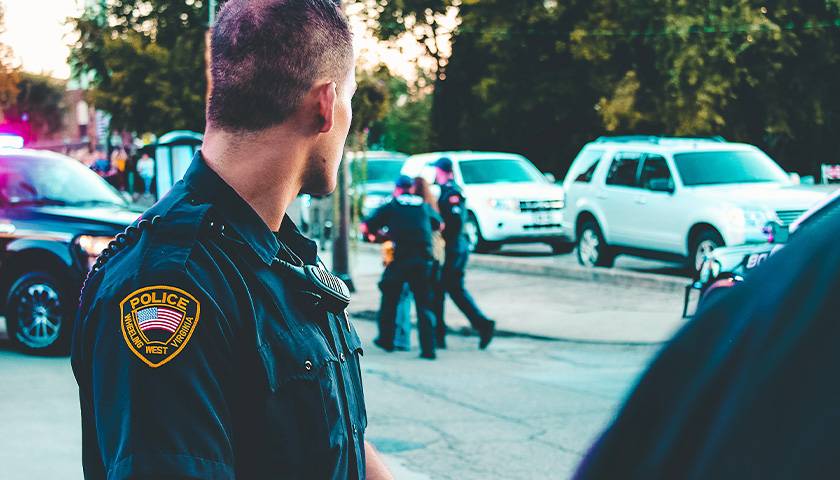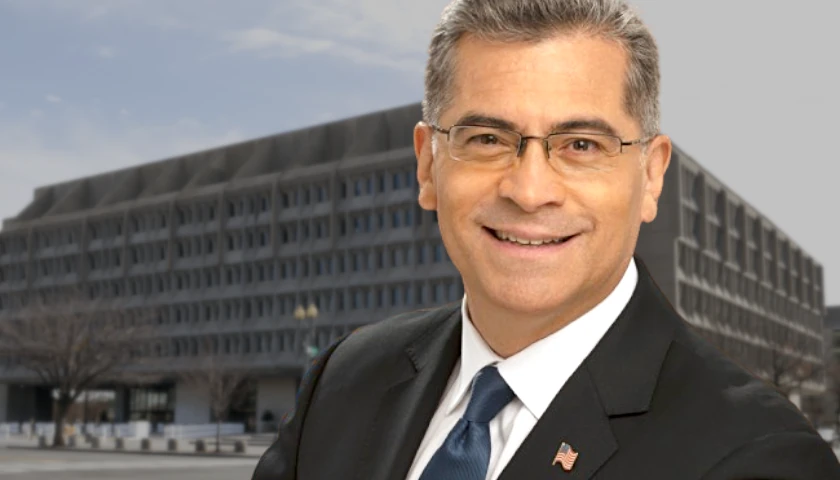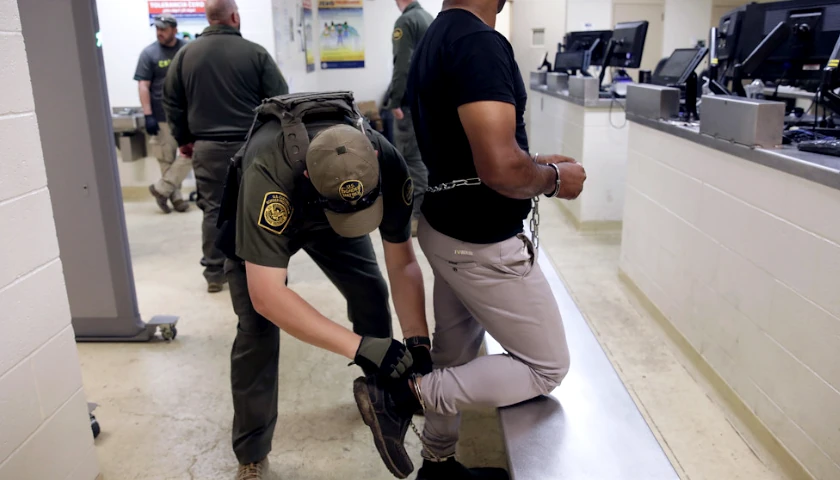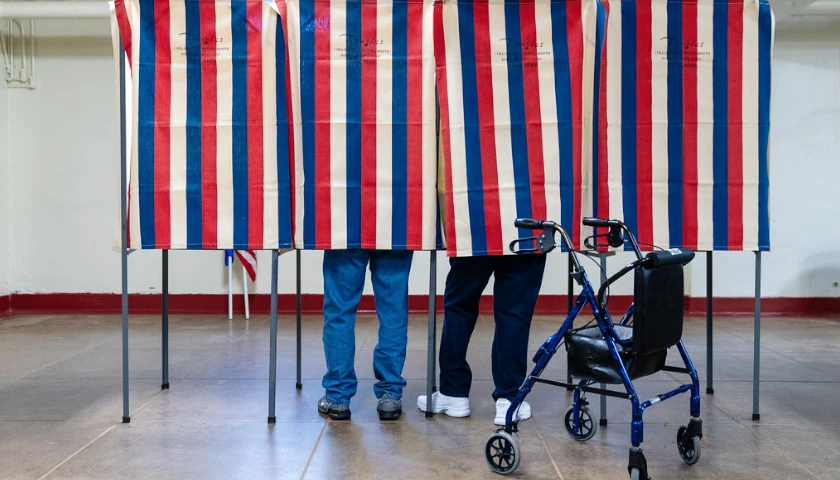by Erinn Broadus
As juvenile crime has skyrocketed across the nation following the beginning of the COVID-19 pandemic, state lawmakers are looking to pass laws to curb rising youth violence and lawlessness.
Juvenile homicides nationwide increased by 44% from 2019 to 2020 and increased by 83% from 2013 to 2020, according to data from the Office of Juvenile Justice and Delinquency Prevention, as school closures and police reforms have contributed to rising youth crime. Lawmakers in Kentucky, Louisiana, Alabama, Florida and New Jersey have introduced bills to implement measures such as penalty enhancements for juvenile gang members, as well as mandatory holding periods for juveniles charged with violent crimes, to address the rising violence.
“The year 2020 saw a reversal of decades-long reductions in juvenile violent crime,” Josh Crawford, Director of Criminal Justice Initiatives at the Georgia Center for Opportunity, told the Daily Caller News Foundation. “Kids not being in school due to government shutdowns and reductions in proactive policing during COVID-19 played a role.”
 In Shelby County, Kentucky, there was a 42% increase in juveniles charged with crimes in 2022, while nearly half of carjacking suspects in Louisville, Kentucky, were teens in 2021, according to the Pegasus Institute.
In Shelby County, Kentucky, there was a 42% increase in juveniles charged with crimes in 2022, while nearly half of carjacking suspects in Louisville, Kentucky, were teens in 2021, according to the Pegasus Institute.
To address this, Kentucky passed House Bill 3, which requires that any violent juvenile offender be detained for up to 48 hours, so they can be evaluated and the public can be protected from further violent behavior. Prior to this bill, juveniles charged with violent crimes could be released before even seeing a judge, potentially allowing dangerous juvenile criminals out on the streets.
The bill also funded a new detention facility that offers various new treatment options for Kentucky youth as well as a way to hold parents accountable if a juvenile is constantly truant.
“Juvenile offenders were often pressured to commit things like carjackings and drive-by shootings and clout chasing on social media helped feed a toxic cycle of violence with younger and younger victims and perpetrators,” Crawford said.
Data shows violent crimes involving young suspects are on the rise in the District. FOX 5 asked the AG why kids and teens aren’t facing serious consequences for their violent actions. https://t.co/FKoE9ak33R
— FOX 5 DC (@fox5dc) April 26, 2023
There is a pending bill in Alabama, House Bill 191, introduced this year, which would automatically try a juvenile as an adult if they are in a gang and increases penalties for gang-related offenses. The bill passed committee in the Alabama House in April.
This year, legislators in Florida introduced House Bill 1273, which is pending. It adds replica firearms as an offense that can institutionalize a juvenile, allows the court to extend the length of time a juvenile can stay in a facility and allows medium-risk juveniles to be sent to secure facilities if needed.
A pair of New Jersey bills cleared committee in March that would increase the seriousness of an offense if one uses juveniles to aide in motor vehicle thefts, as well as stiffening penalties for juveniles convicted of motor vehicle theft.
“New Jersey cannot properly address the increase in car thefts without discussing the impact of bail reform or the recruitment of juveniles to carry out crimes,” said Assemblywoman Vicky Flynn to WRNJ.
Tennessee lawmakers introduced House Bill 1029 which lowers the age of criminal responsibility from 18 to 17, and also directly transfers younger juveniles to adult court if charged with particularly violent crimes, like murder or rape. House Bill 1029 has a sister bill in the Senate.
Rising crime has forced legislators to reevaluate their traditional approach to juvenile crime. “Making sure that early interventions are more meaningful is part of that,” said Crawford to DCNF. “So is making sure violent offenders are held accountable despite their age.”
Juveniles were involved in approximately 1,122 homicides in 2020, or 8% of all homicides, according to OJJDP, and homicides involving juveniles killing juveniles hit the highest level seen in two decades, according to The Wall Street Journal. In New York City, there was a 158% increase in juveniles committing shootings, from 48 in 2019 to 124 in 2022, according to the WSJ.
– – –
Erinn Broadus is a reporter at Daily Caller News Foundation.
Photo “Police” by Rosemary Ketchum.





[…] Read the full article here […]